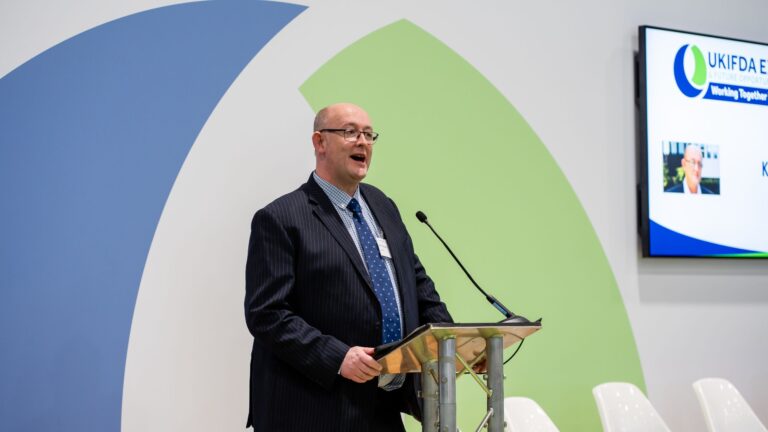
Signed by over 100 UKIFDA and OFTEC members, the letter congratulates Ed Miliband on his appointment, and welcomes the Government’s ambition to deliver clean power by 2030, and its commitment to support consumers to decarbonise home heating. Addressing the specific challenges around off-grid homes, the letter highlights the affordable, immediately deliverable, solution developed by the industry, in the form of renewable liquid fuels.
With this solution ready to implement, and at no cost to the treasury, the letter extends an offer to meet to consider how renewable liquid fuels can help rural communities to decarbonise in an affordable and straightforward way, while contributing to carbon reduction targets, and the policy support needed to achieve this.
Overwhelming support
UKIFDA and OFTEC members collectively serve 1.7 million off the gas grid households and represent every aspect of the supply chain.
The significant number of co-signatories indicates overwhelming support from these industry companies, the majority of which are family-run businesses, committed to serving their local communities.
The letter, seeking the opportunity to work with the Department in delivering on its clean energy objectives, was sent to the Secretary of State in the week following his appointment.
“Stunned by the support ”
Ken Cronin , CEO UKIFDA, shares his thoughts on the industry support for the letter.
Once again, I was stunned by the support from our industry when, just after the election, we asked UKIFDA members to sign this letter. Within a matter of hours, we received 80 signatures, demonstrating not only the depth of support our members have for helping their customers decarbonise but also deep support for the solution we have put forward.
In recent days, the Climate Change Committee (CCC) has published its progress report to parliament. As expected, it highlights that while good progress has been made, the country is now falling behind climate change targets. It also points out that some areas, such as off-grid homes, are not covered by adequate plans.
The report is deeply critical of the former government’s decision to change the oil boiler ban date and to provide heat pump exemptions for up to 20% of homes without outlining any alternative plans to achieve the carbon savings earmarked in the carbon budgets. The report highlights “…confusing and inconsistent messaging and actions…” and “…it creates widespread uncertainty for consumers, investors and businesses at a time where significant build-up in supply chains is needed.”
In the same week, the National Grid released its Future Energy Scenarios. This year, they have evolved their thinking from ‘scenarios’ to ‘pathways’ to explore narrower ranges and strategic, credible choices to propel the UK on the route to decarbonisation.
They presented four pathways:
• Holistic Transition: Net zero is met through a mix of electrification and hydrogen, with hydrogen mainly around industrial clusters. Consumer engagement in the transition is very strong, with demand shifting and smart homes and electric vehicles providing flexibility to the grid.
• Electric Engagement: Net zero is met through mainly electrified demand. Consumers are highly engaged in the energy transition through smart technologies that reduce energy demands, utilising technologies such as electric heat pumps and electric vehicles.
• Hydrogen Evolution: Net zero is met through fast progress for hydrogen in industry and heat. Many consumers will have hydrogen boilers, though energy efficiency will be key to reducing costs. There are low levels of consumer engagement. Hydrogen will be prevalent for heavy goods vehicles, but electric car uptake is strong.
• Counterfactual: Net zero is missed, though some progress is made on decarbonisation compared to today. While home insulation improves, there is still a heavy reliance on gas across all sectors, particularly power and space heating. Electric vehicle uptake is slower than the net zero pathways but still displaces petrol and diesel. Importantly, across all the main scenarios, the National Grid continues to show the need for biofuel boilers, in the main replacing oil boilers in rural areas
In our letter, we highlight to the new Secretary of State that we can provide the solution requested by the Climate Change Committee, as outlined in all the National Grid Pathways. We are fully supportive, have the necessary workforce, and can start immediately.
Image credit: UKIFDA
